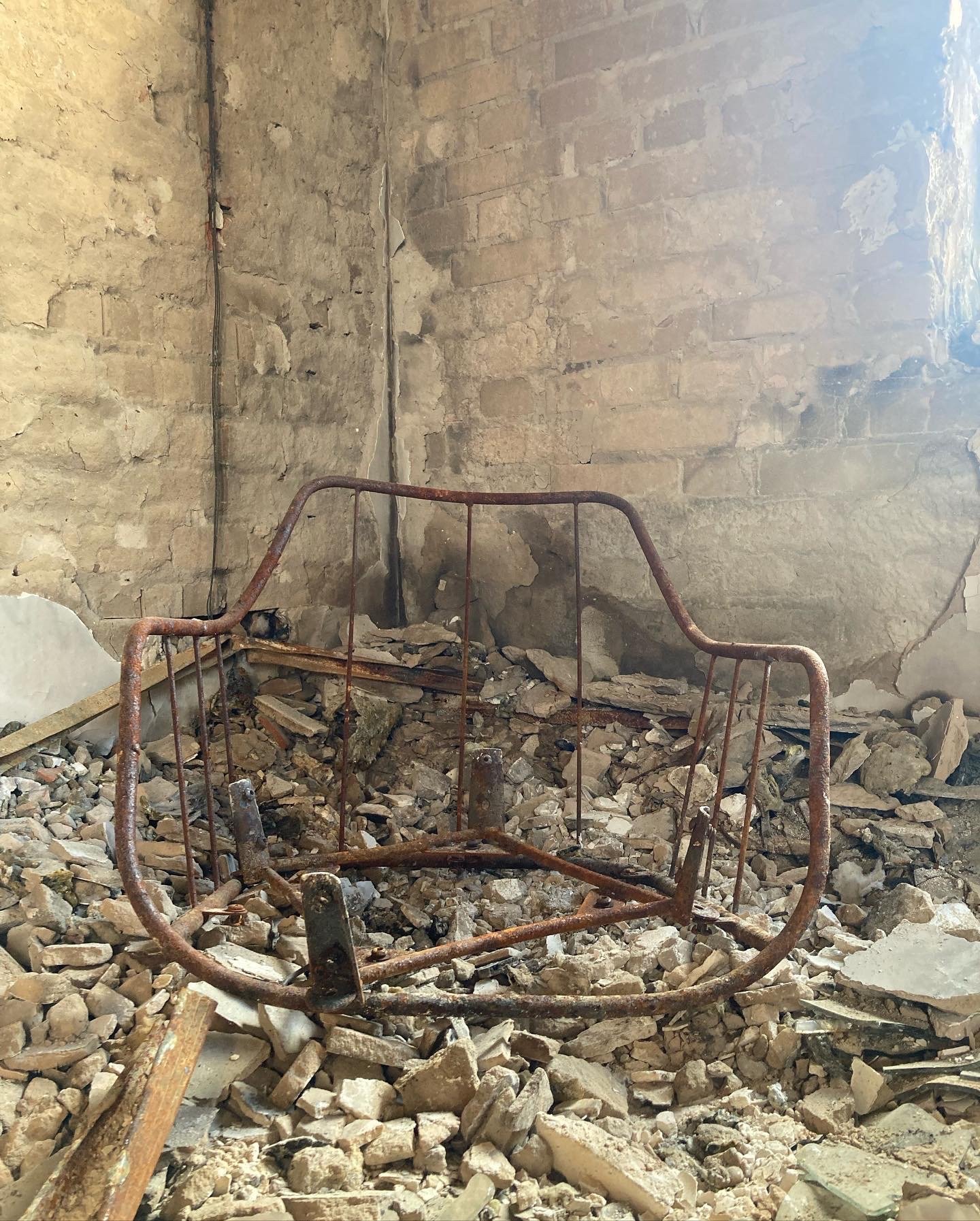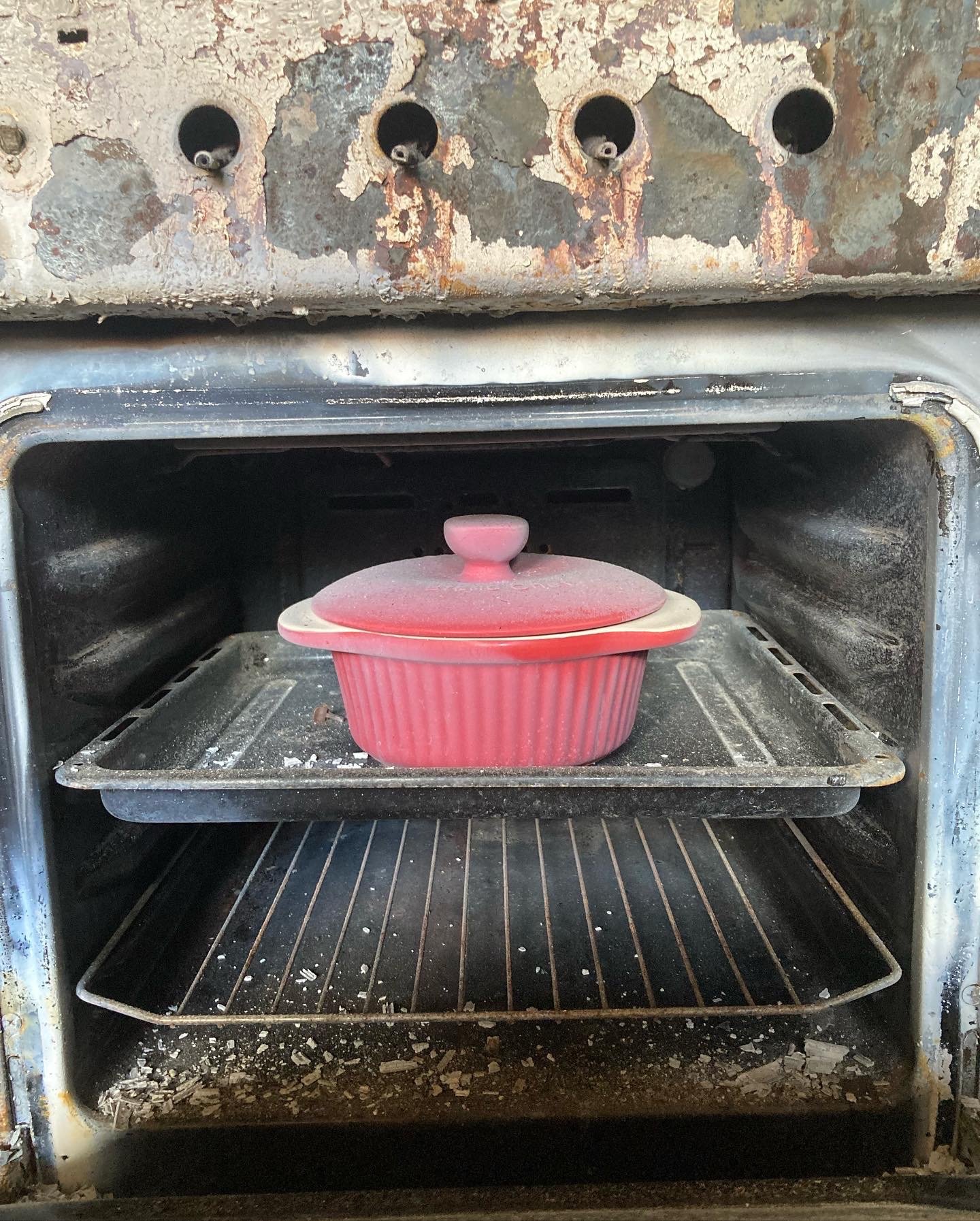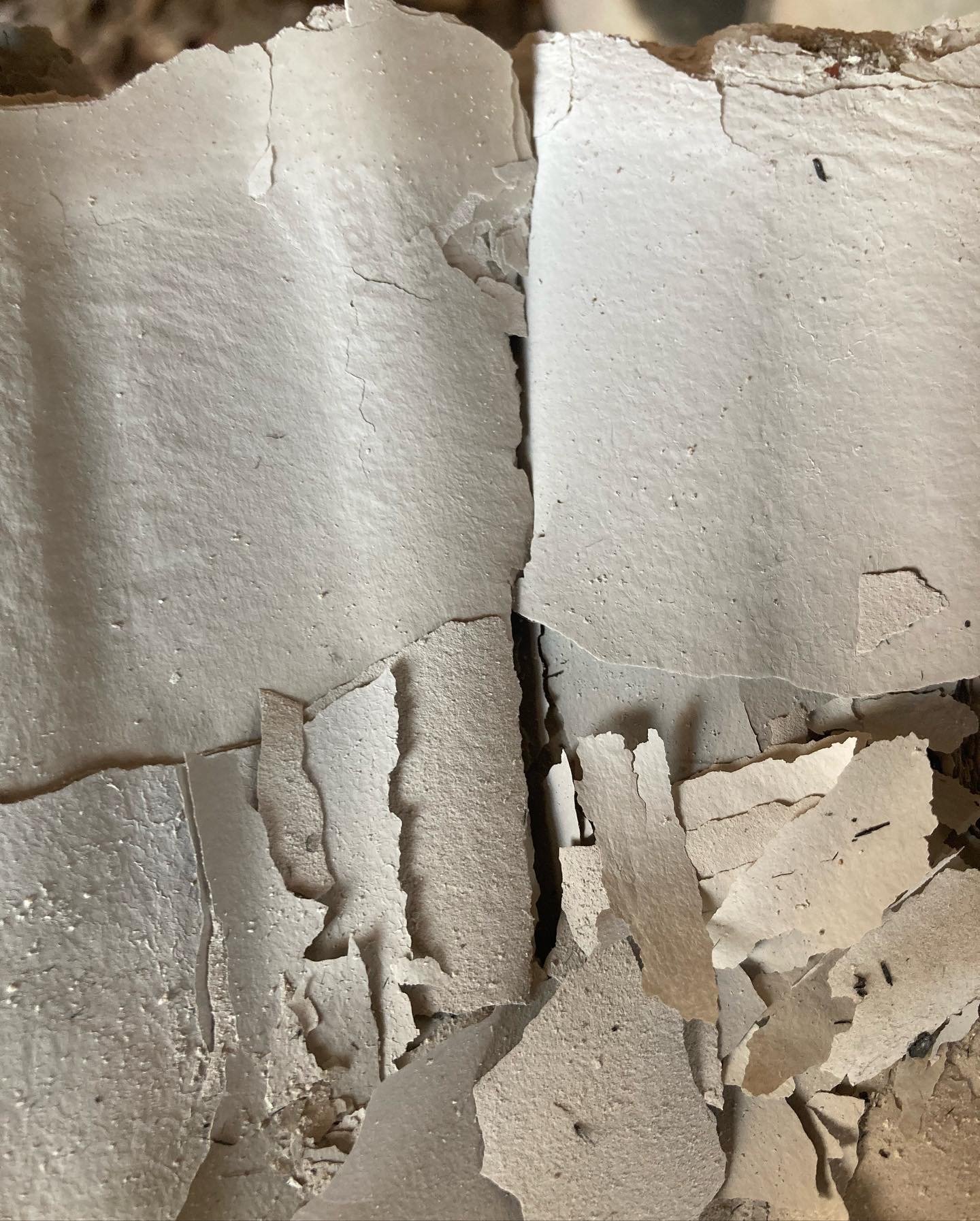Poppies and Hedgehogs
by Kateryna Iakovlenko
My train goes to a place where the sun rises. Today we are moving in different directions. I am moving eastward, and the sun, as Ukrainian writer Serhiy Zhadan wrote in his poem “Warsaw”, is escaping to Europe. Two and a half months ago, facing the war and airstrikes in my city Irpin, near Kyiv, I did the very same. But today I boarded a train to look war in the eye.
There is no direct route to get back home. Each way is not simply connected. And each way is a matter of choice.
Ukrainian women and children fill up the cars of the Warsaw-Chelm-Kyiv train, along with their personal luggage and a lifetime of traumatic experiences. Peering into the landscape outside the window, I try to find similarities with my native land. Poppies are spread across the green-velvet fields. These red spots resemble blood seeping onto a shirt from a sharp blade. For Europeans, wearing a poppy pin came to symbolize a world that stopped fascism from swallowing it whole. But that very same world, after many years, is now faced yet again with the threat of fascism, only this time it has taken on a Russian form.
Leaving Warsaw, which was rebuilt after surviving years of Nazi bombing campaigns, I have no doubt that landscapes retain memories of war than we do. After all, their wounds heal more slowly. And the soil captures the enemy’s boots, which trampled the same poppies as they engaged in a conquest of the land.
***
All my thoughts are on my reunion with a house that is no more.
Since the beginning of the large-scale Russian invasion, I have read many texts from my colleagues and friends about their losses. As I packed my things, I thought for a moment that I would never see my home again. I did not want to believe it was possible. I collected my things, thinking about which basements and forests I could spend the night in. So I took comfortable dark items of clothing similar to what those going on a hike might wear. There was no symbolism to be found in my collection of items, only pragmatic and rational thinking. Otherwise, there would have been a bag overflowing with books, drawings, photographs, and my personal archive. Nobody can truly comprehend the reality of war. Knowing it has happened turned out to be quite different from how it was experienced.
But I’m not here to tell you about farewells–this is about my return.
Both Kyiv and Irpin have changed quite a lot. The subway in Kyiv is twice as slow, and when the sirens sound, there are even further delays to the Left Bank of Kyiv. Some exits are blocked, so people have to travel on different roads and look around for basements and shelters, just in case. Sandbags remain a characteristic of the urban landscape, although there are less than before. In Irpin, the roads were wounded by artillery shelling, and the remains of automobiles were carefully piled on both sides of the road. The ruined bridge has already become a "living monument" near which visiting journalists and politicians pose for iconic photographs. Electric wires are scattered along the streets like strands of hair. Despite all this, the city is coming back to life.
The Ukrainian national flags, hanging on many buildings throughout both cities, symbolize our unshakable will. People who try to enjoy casual encounters represent our unshakable faith. Everyone helps as much as they can. Everyone lives as best they can. Everyone lives, and this is already a powerful political statement.
I also had faith. Seeing the photos of my house sent by my neighbors, I saw that nothing was left. I wanted to imagine that there might be my refrigerator where I had left a bottle of pét-nat wine from Odesa. I thought it would be a lovely “welcome home” drink, after all.
Instead, only emptiness awaited me–dust and ashes. There was no roof and the walls were torn by fire, as if by a cat’s claws. But even my own cat never inflicted such damage.
There was a profound lack of books and paintings. Broken glasses, pots, a metal frame from an armchair, springs from a mattress were in the middle of the apartment. This is because on the first day of the invasion, I moved my bed a little further from the window. Instead of a refrigerator, I now have only two burnt metal walls. Only a plate and casserole bowl are left intact, as they were designed to withstand a high degree of fire.
Once, I interviewed Ukrainian artist Anna Zvyagintseva, who said that, in fact, an "empty space" is always filled with something. Now I fully understand what she meant. Now I know what emptiness smells like: It smells like fire, and that smell hits you right from the front doorstep. I know what it feels when you touch an empty void–its gray-haired crumbs fall apart in my hands. It is gentle and soft, but she is no less violent. I know the volume of this void: It is a little less than 43 square meters, and it all fits in my body, somewhere between the ribs. I feel its volume as if I am a baby in this womb. Today I am reborn.
Standing among the ruined things and of what was once a cozy sweet home, I don't know how I really feel. But I surely understand that I am not ready to copy this aphid yet. It's as if I’ve ventured inward, brushing up against my organs. This ash, for me, is very much something that I can compare with Julia Kristeva's idea of the nature of abjection. But my own horror is sensitive, intimate, and warm at the same time. My horror is beauty for somebody else.
Indeed, now I only remember the empty, mutilated space.
From the lines of Serhiy Zhadan’s poem “Warsaw”, I know that, “We are the consequences of these revolutions.” But more than that, we are the revolution itself. Home for ourselves, country for ourselves. Self-memory and self-pain.
***
This time, the road back coincided with the sunset. There were no poppies outside the window. Instead, over the course of three months, Czech hedgehogs [Editor’s note: anti-tank obstacles] settled across my country. Like metal flowers, they are reminiscent of what beauty and the nature of freedom really are. Taking care of each of us, they settled along the railroad to remind us of the present day. Peering into the evening landscape outside my window, I tried to remember everything that had happened to me. My memories revealed details of an old interior, dust, ashes, crumbs of tiles, destroyed houses, and people returning to their cities.
I'm not running away–I simply cannot run from myself.


